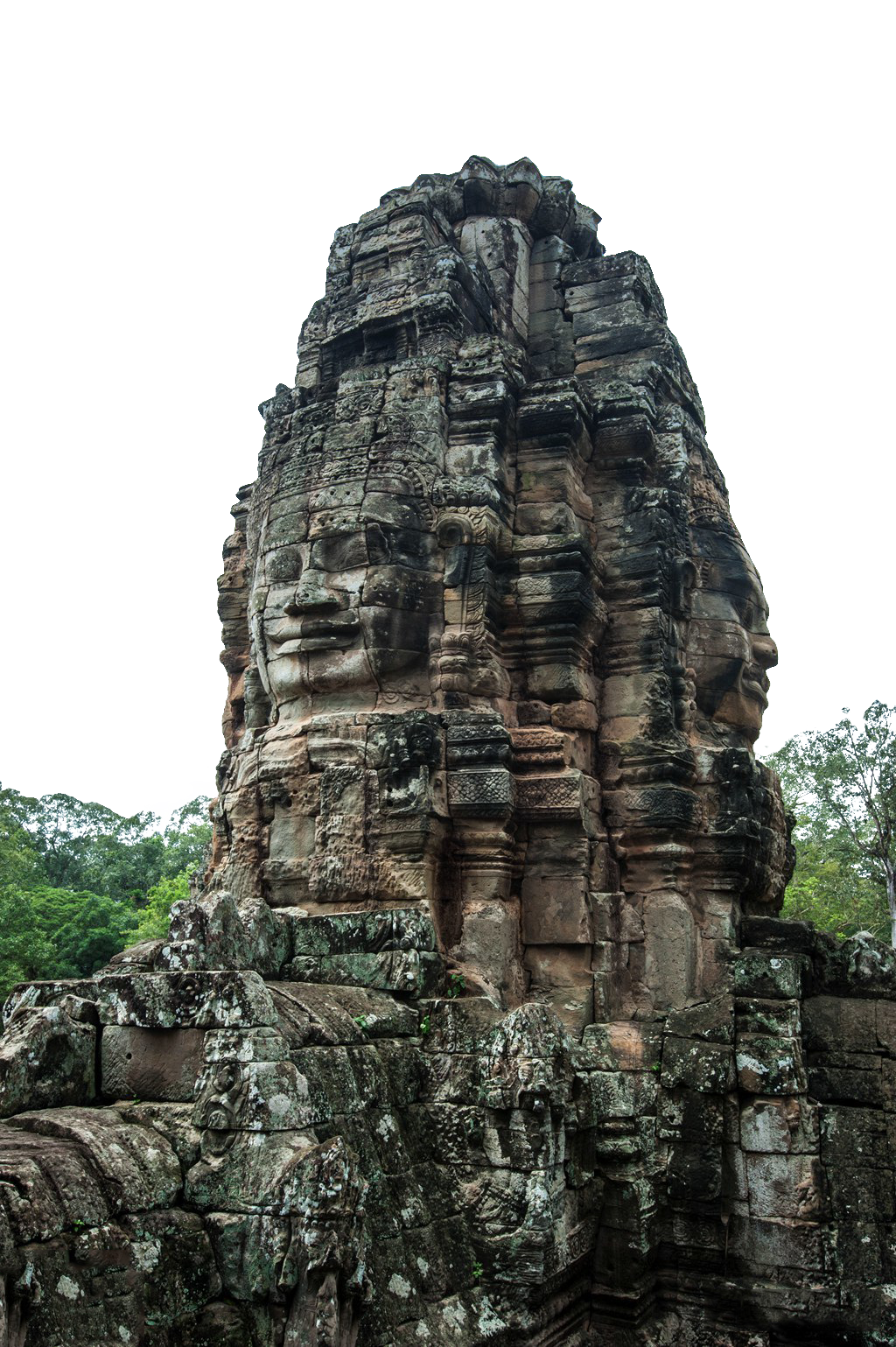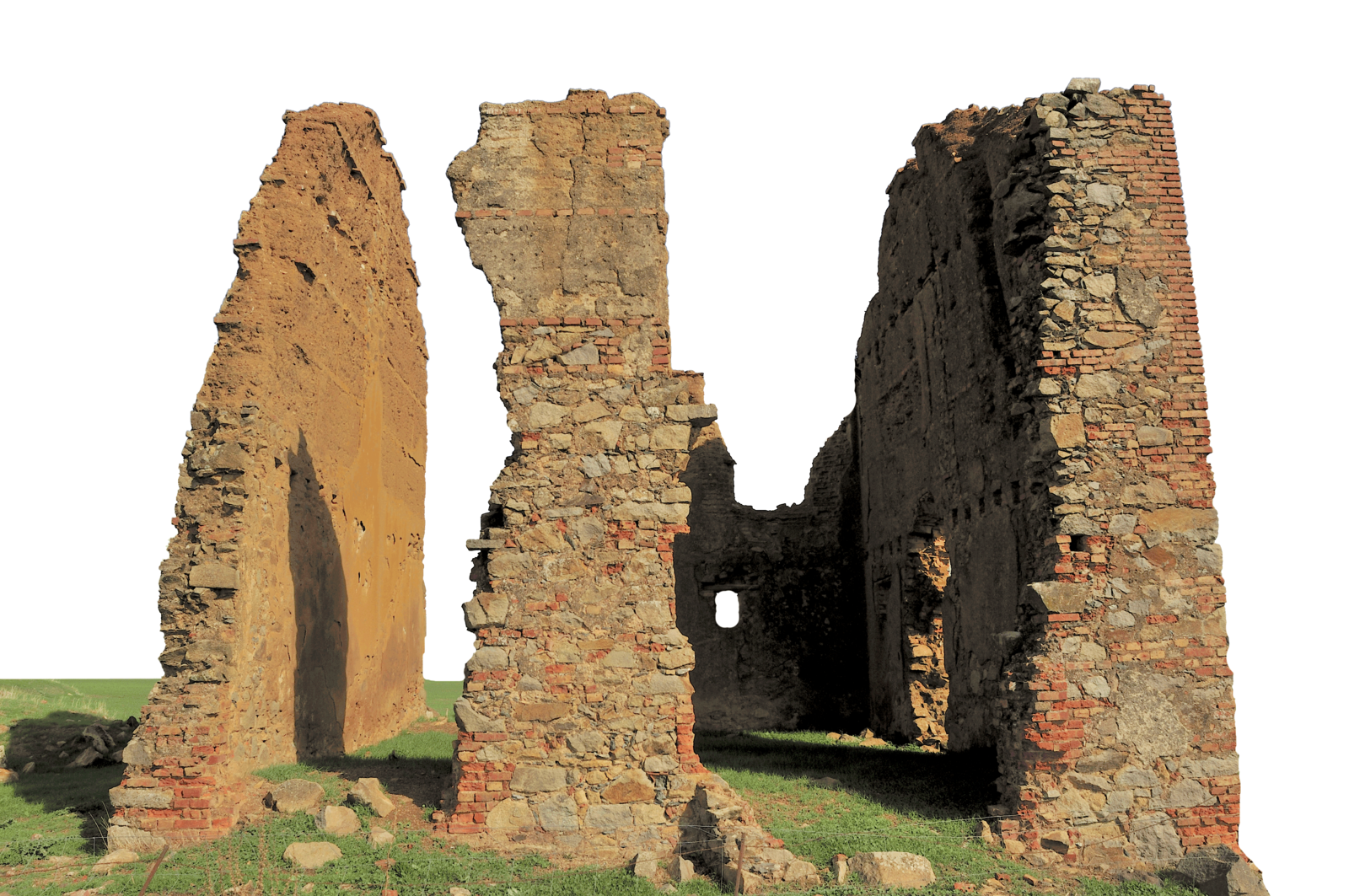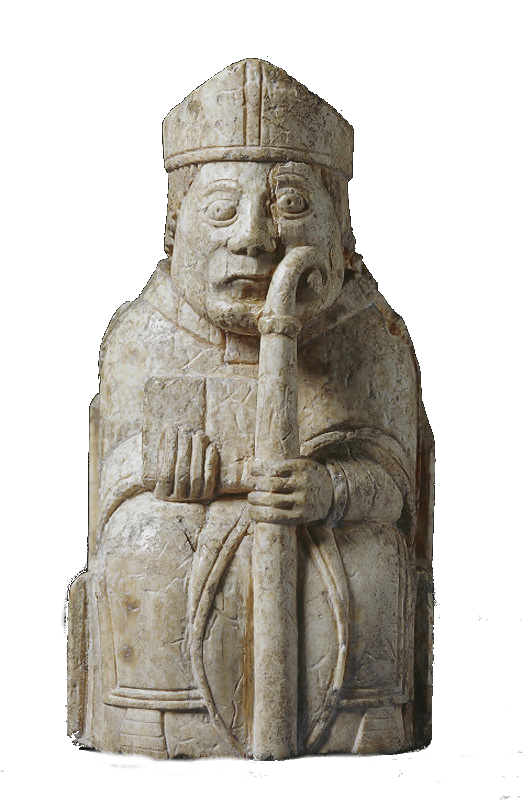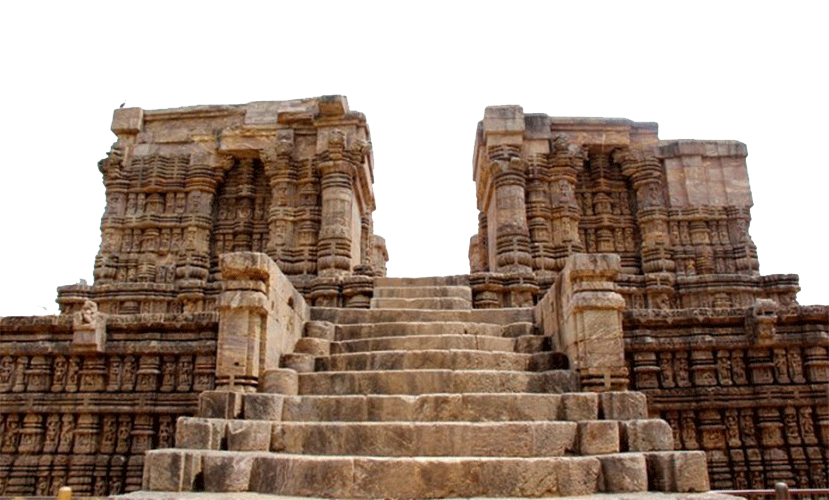Archaeology
Welcome to c/Archaeology @ Mander.xyz!
Shovelbums welcome. 🗿

Notice Board
This is a work in progress, please don't mind the mess.
- 2023-06-15: We are collecting resources for the sidebar!
- 2023-06-13: We are looking for mods. Send a dm to @[email protected] if interested!
About
Archaeology or archeology[a] is the study of human activity through the recovery and analysis of material culture. The archaeological record consists of artifacts, architecture, biofacts or ecofacts, sites, and cultural landscapes.
Archaeology has various goals, which range from understanding culture history to reconstructing past lifeways to documenting and explaining changes in human societies through time.
The discipline involves surveying, excavation, and eventually analysis of data collected, to learn more about the past. In broad scope, archaeology relies on cross-disciplinary research. Read more...
Rules
- Don't throw mud. Be kind and remember the human.
- Keep it rooted (on topic).
- No spam.
- No pseudoscience/pseudoarchaeology.

Links
Archaeology 101:
Get Involved:
University and Field Work:
- Archaeological Fieldwork Opportunities Bulletin
- University Archaeology (UK)
- Black Trowel Collective Microgrants for Students
Jobs and Career:
Professional Organisations:
- Chartered Institute for Archaeologists (UK)
- BAJR (UK)
- Association for Environmental Archaeology
- Archaeology Scotland
- Historic England
FOSS Tools:
- Diamond Open Access in Archaeology
- Tools for Quantitative Archaeology – in R
- Open Archaeo: A list of open source archaeological tools and software.
- The Open Digital Archaeology Textbook
Datasets:
Fun:
Other Resources:

Similar Communities
Sister Communities
Science and Research
Biology and Life Sciences
Plants & Gardening
Physical Sciences
Humanities and Social Sciences
Memes
Find us on Reddit

view the rest of the comments
This is the best summary I could come up with:
As previously reported, the eruption of Mount Vesuvius released thermal energy roughly equivalent to 100,000 times the atomic bombs dropped on Hiroshima and Nagasaki at the end of World War II, spewing molten rock, pumice, and hot ash over the cities of Pompeii and Herculaneum in particular.
However, a 2001 study in Nature, co-authored by University of Naples archaeologist Pierpaolo Petrone, estimated a temperature of 500° Celsius (932° Fahrenheit) for the pyroclastic surge that destroyed Pompeii, sufficient to kill inhabitants in fractions of a second.
He observed fracturing in the bones of some 100 excavated skeletons, as well as "cracking and explosion" of the skullcaps, consistent with forensic cases where skulls burst from extreme heat.
Later that year, Petrone reported fresh evidence that this might, indeed, have been the case, announcing his discovery of preserved human neurons in the victim with the "glassified" brain, although other scientists expressed skepticism about that finding.
A 2023 multidisciplinary analysis of seven plaster casts from Pompeii concluded that these victims, at least, likely survived the early eruption and died some 20 hours later from asphyxiation, although the authors were careful to emphasize that their findings were only applicable to these particular cases.
"It is likely that the catastrophic eruption killed people in different ways," the authors of that 2023 study wrote, concluding that "generalizing and supporting a sole hypothesis of death becomes overly reductive."
The original article contains 501 words, the summary contains 230 words. Saved 54%. I'm a bot and I'm open source!